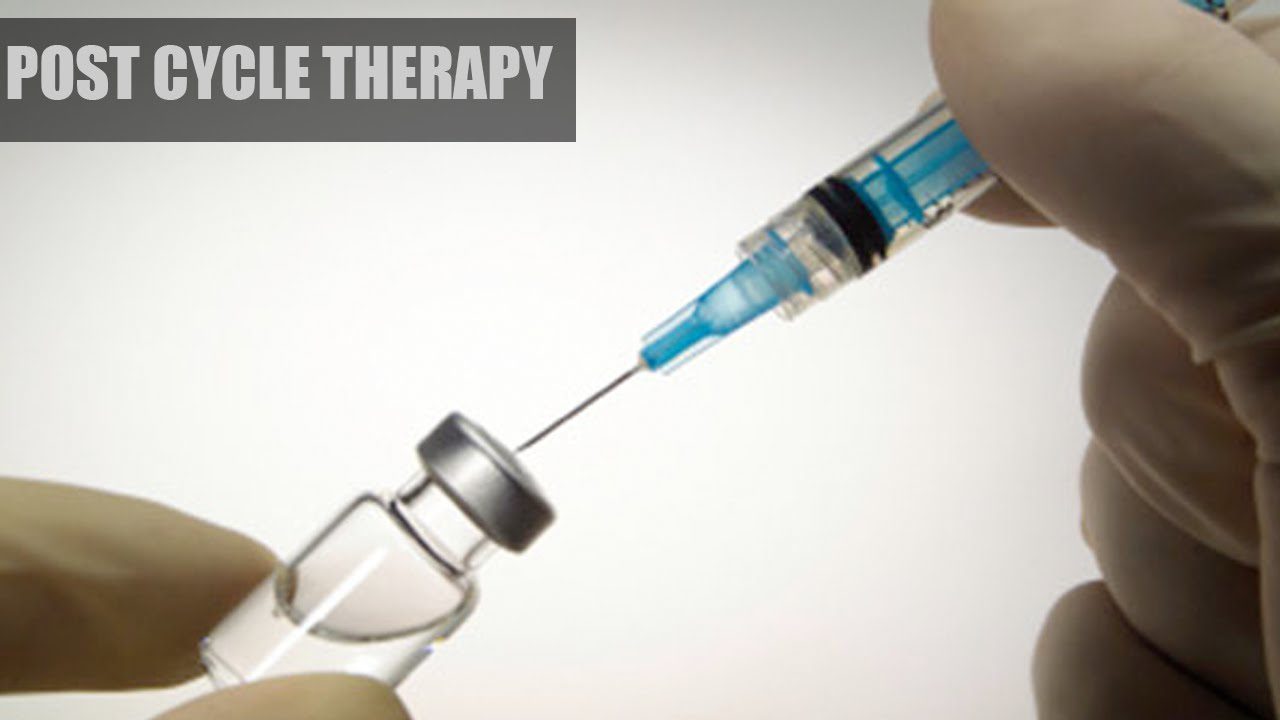Water retention is a common concern for individuals who incorporate anabolic steroids into their fitness regimens. Steroids are used to enhance muscle growth and improve performance, but one of the side effects is the body’s tendency to hold onto excess fluid. This can lead to a puffy appearance, increased blood pressure, and other health-related issues.
Managing water retention requires a strategic approach throughout steroid cycles. It involves understanding the causes of fluid retention, monitoring dietary habits, and precisely timing cycle lengths. Substance selection and dosage can play significant roles in mitigating this effect.
Optimizing post-cycle therapy is crucial to returning the body to its natural hormonal balance and mitigating water retention. Special considerations, such as pre-existing health conditions and individual responses to steroids, must also be taken into account to tailor the best plan for water retention management in steroid cycles.
Quick Summary
- Strategic management of water retention is crucial during and after steroid cycles.
- A controlled diet and proper supplementation can help mitigate fluid retention.
- Optimizing cycle lengths and post-cycle therapy is essential for hormonal balance.
Water Retention in Steroid Cycles

During a steroid cycle, water retention can occur, presenting challenges for individuals. It is crucial to comprehend its causes, the potential effects it can have on the body, as well as the significant role estrogen plays in this process.
Causes of Water Retention
Steroid cycles can lead to increased water retention due to various factors. One primary cause is the body’s response to the anabolic steroids, which can disrupt the natural balance of electrolytes and fluids. Anabolic steroids can stimulate the kidneys to reabsorb sodium, leading to fluid retention.
- Sodium Retention: Enhanced sodium retention in the kidneys.
- Increased Estrogen: Substances converting to estrogen in the body.
Effects of Excess Water Retention
Excess water retention during a steroid cycle can have multiple impacts on an individual’s body. It can manifest visibly as bloating and swelling in tissues, affecting physical appearance. Moreover, it can internally increase blood pressure, posing a risk to cardiovascular health.
- Bloating: Swelling in the face, limbs, and abdomen.
- Blood Pressure: Potential for hypertension due to increased fluid volume.
Role of Estrogen
Estrogen levels play a pivotal role in managing water retention. During a steroid cycle, some anabolic steroids can aromatize, converting into estrogen, which can exacerbate water retention. Estrogen itself promotes fluid and sodium retention in the body, thereby contributing to the overall level of water retention experienced.
- Aromatization: Conversion of anabolic steroids into estrogen.
- Fluid Retention: Estrogen’s effect on the body’s fluid balance.
Incorporating Anabolic Steroids and Controlling Side Effects

Incorporating anabolic steroids into a regimen requires careful consideration of steroid types, dosages, and management of potential side effects. A strategic approach can mitigate health risks associated with steroid use.
Choosing the Right Steroids
Selecting anabolic steroids that align with specific goals and have a known risk profile is crucial. For example, certain steroids may induce less water retention compared to others. Compounds such as testosterone, Dianabol, and Anadrol are known for causing significant water retention. On the other hand, steroids like Winstrol and Anavar are typically associated with less fluid accumulation.
Anabolic Steroid Dosages
Appropriate dosing is key to reducing the risk of side effects. Higher doses of anabolic steroids can exacerbate water retention and other side effects. It’s essential to start with the lower end of the dosage range and only increase gradually if necessary, under guidance. For testosterone, a common starting dose might range from 300 to 500 mg per week.
Aromatase Inhibitors and SERMs
Utilizing aromatase inhibitors (AIs) like Arimidex and Selective Estrogen Receptor Modulators (SERMs) such as Nolvadex can help control estrogen levels, thus reducing water retention. AIs work by inhibiting the aromatization process, while SERMs block the effects of estrogen at receptor sites.
- AI Dose Example:
- Arimidex: 0.5 mg every other day
- SERM Dose Example:
- Nolvadex: 20 mg per day during Post Cycle Therapy (PCT)
Managing Liver Stress and Cholesterol Levels
Monitoring liver enzymes and cholesterol is critical when incorporating anabolic steroids. Certain oral steroids are known for their liver toxicity, and the use of liver support supplements or medications might be advised. Maintaining a healthy diet and incorporating cardiovascular exercise can support cholesterol balance.
- Liver Protection: Milk Thistle or TUDCA supplements
- Cholesterol Management: Omega-3 fatty acids and statin medications, if prescribed
References
Strategic Diet and Supplementation

Proper diet and supplementation play a crucial role in managing water retention during steroid cycles. By adjusting what one consumes and adding key supplements, they can help mitigate the risk of undue bloat and stress on the liver.
Dietary Adjustments for Reducing Water Retention
To address water retention, certain dietary modifications are necessary. One should prioritize:
- Low sodium intake: Reducing sodium in the diet can help minimize water retention.
- Increased potassium consumption: Potassium helps balance sodium levels and can be increased by consuming bananas, oranges, and leafy greens.
Hydration: Proper hydration with water is essential as it can help flush out excess sodium and reduce bloating.
Essential Supplements for Steroid Cycles
Incorporating supplements into one’s regimen can support healthy bodily functions during a steroid cycle:
- Milk Thistle: Supports liver health and is commonly taken to protect against liver toxicity.
- Fish Oil: Rich in omega-3 fatty acids, helps control blood pressure and mitigate water retention.
By implementing these dietary and supplementation strategies, one can effectively manage water retention during steroid cycles.
References
Optimizing Cycle Length and Post-Cycle Therapy

Effective management of water retention during steroid cycles hinges on the proper determination of cycle length and the implementation of post-cycle therapy (PCT). These measures are critical for minimizing testosterone suppression and preserving muscle mass and strength gains.
Determining Optimal Cycle Length
Anabolic steroid cycles typically range between 6 to 12 weeks. Shorter cycles reduce the risk of side effects and are easier to recover from. Extended cycles may offer greater gains but also come with increased risk of significant testosterone suppression. Cycle length should be tailored to individual tolerance, steroid experience, and specific goals. Users must consider the compound’s half-life for precision in timing.
- For beginners: 6-8 weeks
- Intermediate users: 8-12 weeks
- Advanced users: 10-12 weeks or more, with caution
Implementing Post-Cycle Therapy
Post-cycle therapy is essential to restore natural testosterone production after a steroid cycle. PCT generally begins a few days to weeks after the cycle ends, depending on the steroids used and their half-lives. A typical PCT regimen lasts 4 to 6 weeks and may include:
- Clomiphene citrate (Clomid)
- Tamoxifen (Nolvadex)
- Human Chorionic Gonadotropin (hCG) – used sparingly to prevent desensitization
Clomid and Nolvadex are taken to stimulate the hypothalamus and pituitary gland to release follicle-stimulating hormone (FSH) and luteinizing hormone (LH), which in turn promote testosterone production.
| Week | Clomid | Nolvadex | hCG |
|---|---|---|---|
| 1 | 50 mg | 20 mg | Optional |
| 2 | 50 mg | 20 mg | Optional |
| 3 | 25 mg | 10 mg | Not Used |
| 4 | 25 mg | 10 mg | Not Used |
Recovery and Maintaining Gains
To ensure recovery and maintenance of gains, athletes should focus on post-cycle nutrition and training adjustments. Reducing caloric intake slightly below maintenance levels can help manage potential water retention while preserving muscle mass. Strength training should continue, but volume and intensity may need to be reduced to match the body’s recovering capabilities.
Users should also monitor hormone levels and signs of testosterone suppression post-cycle, adjusting PCT if necessary. The inclusion of supplements and lifestyle changes that promote natural testosterone production can further aid in recovery.
Special Considerations

When considering water retention in steroid cycles, individual factors such as experience level, sex, and age play a critical role, as does the choice of steroid products, highlighting the importance of legal and safe alternatives.
Beginners, Female Bodybuilders, and Advanced Users
Beginners should approach steroid use with caution, as their bodies are not yet accustomed to the effects. A proper regimen and dosage tailored to individual tolerance can mitigate water retention. Female bodybuilders need to be particularly careful with steroid use due to different hormonal balances; they may experience more pronounced side effects. Advanced users often have a better understanding of their body’s response to steroids, but still need to be vigilant about managing side effects, including water retention.
Age and Experience Level Considerations
With age, the body’s response to steroids can alter, affecting water retention. Younger users may experience robust effects, while older individuals may face more challenges. Experience level directly influences how one’s body tolerates and processes steroids. Experienced users might be able to handle higher dosages with fewer side effects, but even for them, managing water retention remains vital.
Frequently Asked Questions

This section addresses common queries around managing water retention in different steroid cycles, supplying practical strategies for individuals seeking to mitigate such effects.
How can water retention be minimized while on testosterone replacement therapy (TRT)?
When on TRT, managing dietary sodium intake and ensuring proper hydration can help minimize water retention. Diuretics should only be used under physician guidance.
What strategies are effective for dealing with water weight while taking Dianabol (DBOL)?
To counteract water retention with Dianabol, one may consider adjusting the dosage under medical supervision or adding an aromatase inhibitor. Maintaining a balanced diet and regular exercise are also recommended.
Does Anavar usage typically lead to less water retention compared to other steroids?
Anavar is known for its lower impact on water retention due to its mild nature, making it a preferable choice for those looking to reduce this side effect.
Can Masteron assist in mitigating water retention during a steroid cycle?
Masteron has diuretic properties and is often used in cutting phases to reduce water retention and promote muscle definition.
What are the common causes of water retention when using testosterone cypionate?
Water retention during testosterone cypionate usage can result from its conversion to estrogen or an imbalance in electrolytes. Monitoring hormonal levels is crucial to address this.
What measures can be taken to manage bloating and water weight gain from testosterone?
One can manage bloating and water weight from testosterone by managing carbohydrate intake, ensuring adequate protein intake, and potentially using anti-estrogen medications as prescribed.
Dr. Grant Fourie, a specialist in male hormones, is based in Cape Town, South Africa. He provides comprehensive treatments for conditions related to low testosterone, such as erectile dysfunction, fatigue, and mood changes. His methods include hormone replacement therapy and other modern treatment options.
Contact me via email or phone to book personal appointment in my clinic: The Village Square, Cape Town - South Africa



